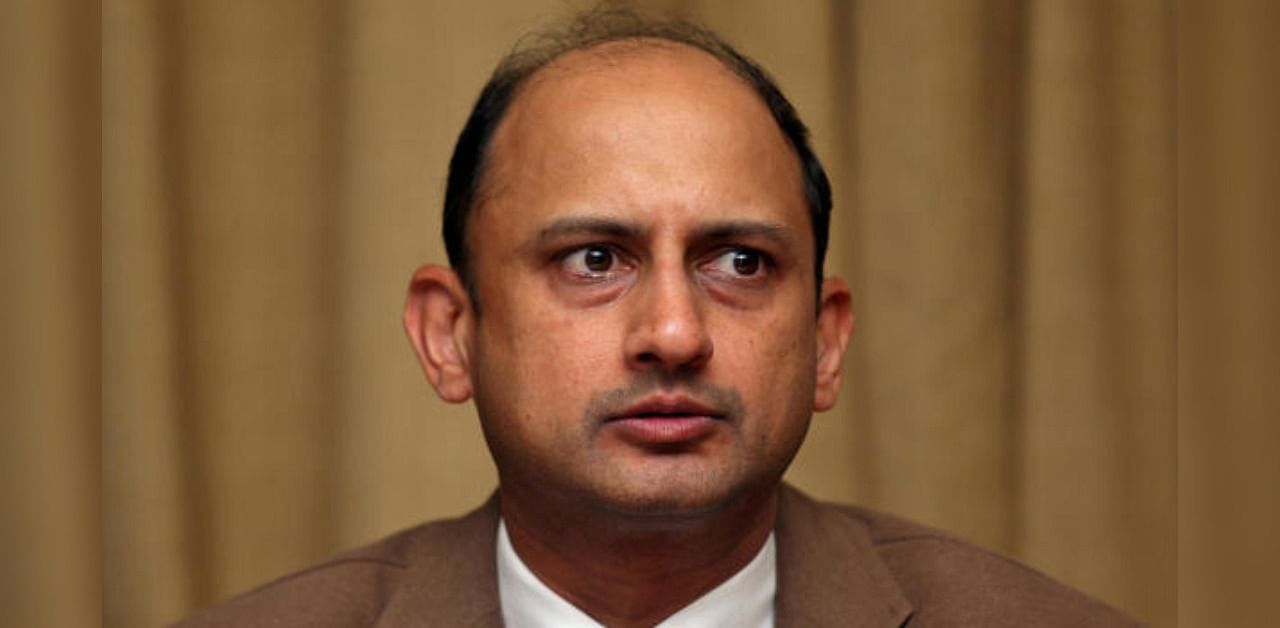
Public sector banks should learn from FMCG players and "democratize credit", a move that can help state-run banks solve the "biggest fiscal challenge" of recapitalisation, former RBI deputy governor Viral Acharya said on Wednesday.
Acharya further said that re-privatisation of the lenders is necessary to help reduce the recapitalisation burden, and stressed that public sector banks (PSBs) have had a mixed performance on the stated goals of financial inclusion as well.
Banks were nationalised in 1969 and depend on the government for capital support, which has gone up in recent times with the spurt in non-performing assets (NPAs).
In the present times, as Covid-19 is likely to have an impact on buffers, many of the private sector banks have already raised capital but most of the PSBs are yet to move on and there is speculation of re-privatising some of the PSBs.
"There are some PSBs whose business model is so broken in my assessment that there won't be any immediate suitors who are interested in buying their equity in a significant manner or at decent prices. What is the option? I'd say they should focus on sachetization or democratisation of credit," Acharya said, speaking at a summit organized by ETBFSI.
"Learning from the FMCG companies on how to democratise credit through a satchetization approach would actually solve one of the biggest fiscal challenges that the country faces right now, which is how to ensure that the bills the government has to keep paying for recapitalising public sector banks can be brought down," he added.
Just like the fast-moving consumer goods ((FMCG) companies did with the shampoo selling in the 1970s, credit can be extended in small packets by such state-run lenders to the financially excluded people, Acharya said.
Identified PSBs need to shift their business models to work like small finance banks (SFBs) or microfinance institutions (MFIs) delivering less risky small credit and can increase their valuations as well for an eventual re-privatisation at a decent price, he said.
Acharya lauded the work done by SFBs and MFIs, and said many of them have become world class institutions commanding handsome valuations.
Citing the work done by the Reserve Bank of India (RBI) on the public credit registry (PCR), which will have all the financial transactions of an individual or entity regardless of size, Acharya said access to such data will also ensure the lenders can lend to every person in the economy.
The switch in approach can also result in credit being delivered on the basis of cash flows and not asset-backed, Acharya said, adding that it will also help lower the cost of credit for those engaged in the informal sector who depend on informal sources of finance.
The sachetization of credit will help lift people out of poverty and also increase the very low debt-to-GDP ratio of 55.7 per cent in the economy, Acharya said.